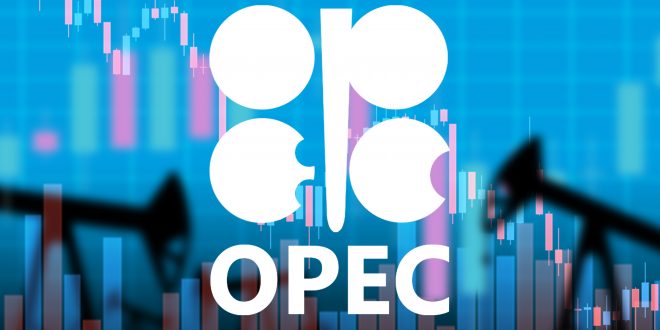The OPEC+ group of producers continues to underproduce, which had taken the sting out of the highly anticipated 430k bpd output hike this month.
While there are no formal plans to push OPEC to increase oil output, some members have plans for so doing particularly given that Russian output is likely to continue to suffer in coming months. The insurance and re-insurance of Russian cargoes will probably also become an operational bottleneck driving Russian production lower.
Oil prices pulled back some of their gains on Tuesday after a report that some OPEC members discussed the idea of suspending Russia’s participation in an oil-production deal.
US West Texas Intermediate (WTI) crude was trading at $115.25 a barrel, up 18 cents or 0.2% from Friday’s close by 2:14 p.m. ET (1814 GMT). It had touched its highest since March 9 earlier in the session. There was no settlement on Monday’s US Memorial Day holiday.
Brent crude for July, which expires on Tuesday, were up $1.1, or 0.9%, to $122.80 a barrel, after earlier rising to $125.28 – its highest since March 9. The more active August contract hit a high of $120.80. Oil prices found further support as Shanghai announced an end to its COVID-19 lockdown, and will allow people in China’s largest city to leave their homes and drive their cars from Wednesday. Price gains were limited by inflation fears after hawkish comments from a Federal Reserve official that spooked stock market investors.
Exempting Russia from OPEC+, which groups the cartel and allies, could potentially pave the way for other producers to pump significantly more crude, something that the US and European nations have pressed them, the Wall Street Journal reported, citing OPEC delegates.
The suspension of Russia from OPEC plus could be a precursor to Saudi Arabia and the United Arab Emirates utilizing their spare production capacity, because they would feel that they no longer have a production quota agreement that needs to recognize Russia’s interest.
Both benchmarks were set to end May higher for a sixth straight month, gaining about 75% over the period after European Union on Tuesday agreed to a partial and phased ban on Russian oil and China decided to lift some COVID-19 restrictions and the US summer driving season kicked off.
The premium of August-loading Brent contracts over a six-month spread hit a nine-week high at close to $15 a barrel, indicating current supply tightness.
EU leaders agreed in principle to cut 90% of oil imports from Russia, the bloc’s toughest sanction yet on Moscow since the invasion of Ukraine three months ago.
Once the decision is passed, sanctions on crude will be phased in over six months and on refined products over eight months. The embargo exempts pipeline oil from Russia as a concession to Hungary. OPEC+ is set to stick to a modest July output hike of 432,000 barrels per day.
Falling Russian crude exports will keep prices high this year, although we do expect greater non-Russian volumes, particularly from OPEC members and North America, to help bring prices down from around $120 per barrel currently towards $100 by year-end.
US crude oil production rose in March by more than 3% to 11.7 million bpd, its the highest since November, according to the government. However, output has been slow to recover from the impact of the coronavirus pandemic and is still far below its record high of 12.3 million bpd in 2019.
US retail gasoline prices also touched a record national average of $4.622 a gallon, according to triple A gas prices data as Memorial Day weekend marked the official start of the summer driving season.

 Noor Trends News, Technical Analysis, Educational Tools and Recommendations
Noor Trends News, Technical Analysis, Educational Tools and Recommendations




